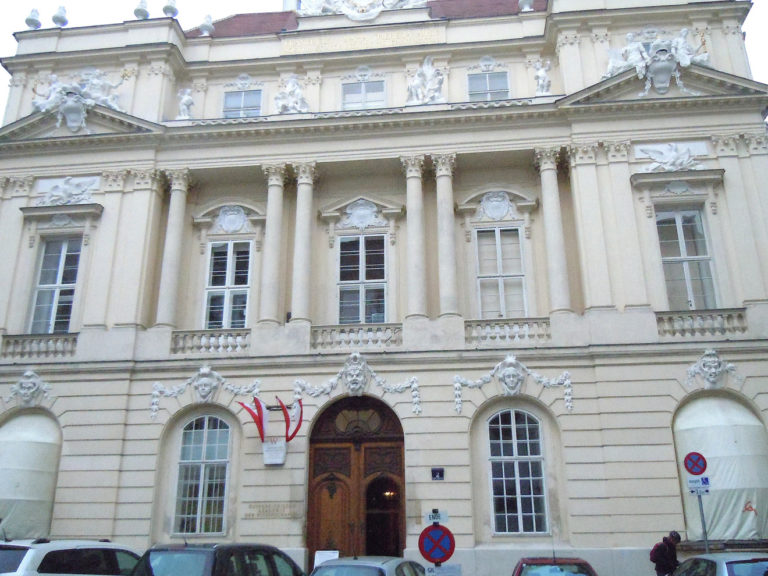Vienna, 25-27 November 2013
SEECHAC (Société Européenne pour l’Étude des Civilisations de l’Himalaya et de l’Asie Centrale, European Society for the Study of Himalayan and Central Asiatic Civilizations, https://seechac.org) will be holding its third international colloquium in Vienna at the Austrian Academy of Sciences from 25 to 27 November 2013. The full title of the colloquium is:
Interaction in the Himalayas and Central Asia: processes of transfer, translation and transformation in art, archaeology, religion and polity from antiquity to the present day
The aim of this colloquium will be to focus on various forms of interaction and related processes of transfer, translation and transformation in the Himalayas and Central Asia, including Northern India, Northern Pakistan, Nepal, Bhutan and Tibet, from the perspective of a variety of disciplines and fields of study (in particular archaeology, art history, numismatics, philology, social anthropology, study of religion).
Topics include the discussion of direct or indirect cross-border relationships and the examination of transfer and transformation of knowledge and specific cultural traditions as well as of interrelationships across geographic, cultural and media borders (for example, painting, sculpture, ritual, text) together with the examination of trans-religious dynamics in borderland regions.
All SEECHAC members are invited to attend the sessions. Each speaker will have c. 25 minutes to deliver a paper in any European language, albeit preferably in English, followed by a question and answer session.
Colleagues wishing to participate in the colloquium should inform us as early as possible at contact@seechac.org. Those willing to submit a paper should send an abstract of no more than 20 lines to the same address before 31 January 2013. A selection will be made, if necessary, by the organizing committee. The criteria for the selection will be quality, relevance to the subject and the desire to achieve a balance between junior and senior speakers, countries and periods dealt with, and the countries of the respective speakers.

